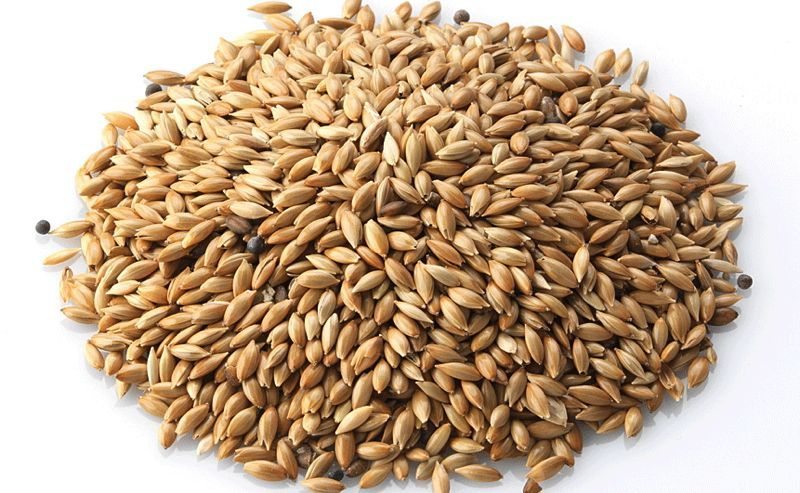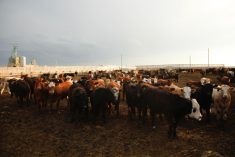CNS Canada –– Canada’s canaryseed market is slow and stagnant, according to a Saskatchewan-based industry expert, and he expects prices to move lower before improving.
Delivered elevator canaryseed is bringing producers 26.5 to 29 cents/lb., according to Prairie Ag Hotwire.
“We might see 25 cents/lb. before we see 30 cents/lb.,” said David Nobbs, chair of the Canaryseed Development Commission of Saskatchewan and a managing partner with Canpulse Foods at Kindersley.
“It’s really a reflection of where new business is attainable, but growers have in their mind — and some analysts — that this is worth more like 30 cents/lb.”
Read Also

U.S. grains: Wheat futures rise on supply snags in top-exporter Russia
U.S. wheat futures closed higher on Thursday on concerns over the limited availability of supplies for export in Russia, analysts said.
But he doesn’t think the market is headed that way.
Currency problems, namely weakness in the euro and the Mexican and Colombian pesos, are keeping the Canadian canaryseed market slow and bearish.
The market is moving in a way that average yield numbers released by Statistics Canada and Saskatchewan Agriculture are “almost irrelevant.”
However, there is a large discrepancy between the two figures.
StatsCan pegs Saskatchewan’s average yield per acre at 813 lbs., but Saskatchewan Agriculture estimates about 1,105 lbs.
This year Saskatchewan producers, who grow all of Canada’s canaryseed, seeded approximately 330,000 acres, according to Statistics Canada.
Those figures may not be the most important news in the market, Nobbs said, but they could be a contributing factor as to why the market is so lacklustre.
Looking forward, canaryseed is trending softer, but foreign demand, though limited, could provide some support, he said.
Mexico hasn’t bought any significant amount of canaryseed since stocking up in June and July when drought concerns sat heavy in the market, but the pace of sales to the country has picked up as of late.
“Which is supportive, but we don’t have a whole bunch of new demand coming in from other parts of the world either.”
— Jade Markus writes for Commodity News Service Canada, a Winnipeg company specializing in grain and commodity market reporting. Follow her at @jade_markus on Twitter.




















